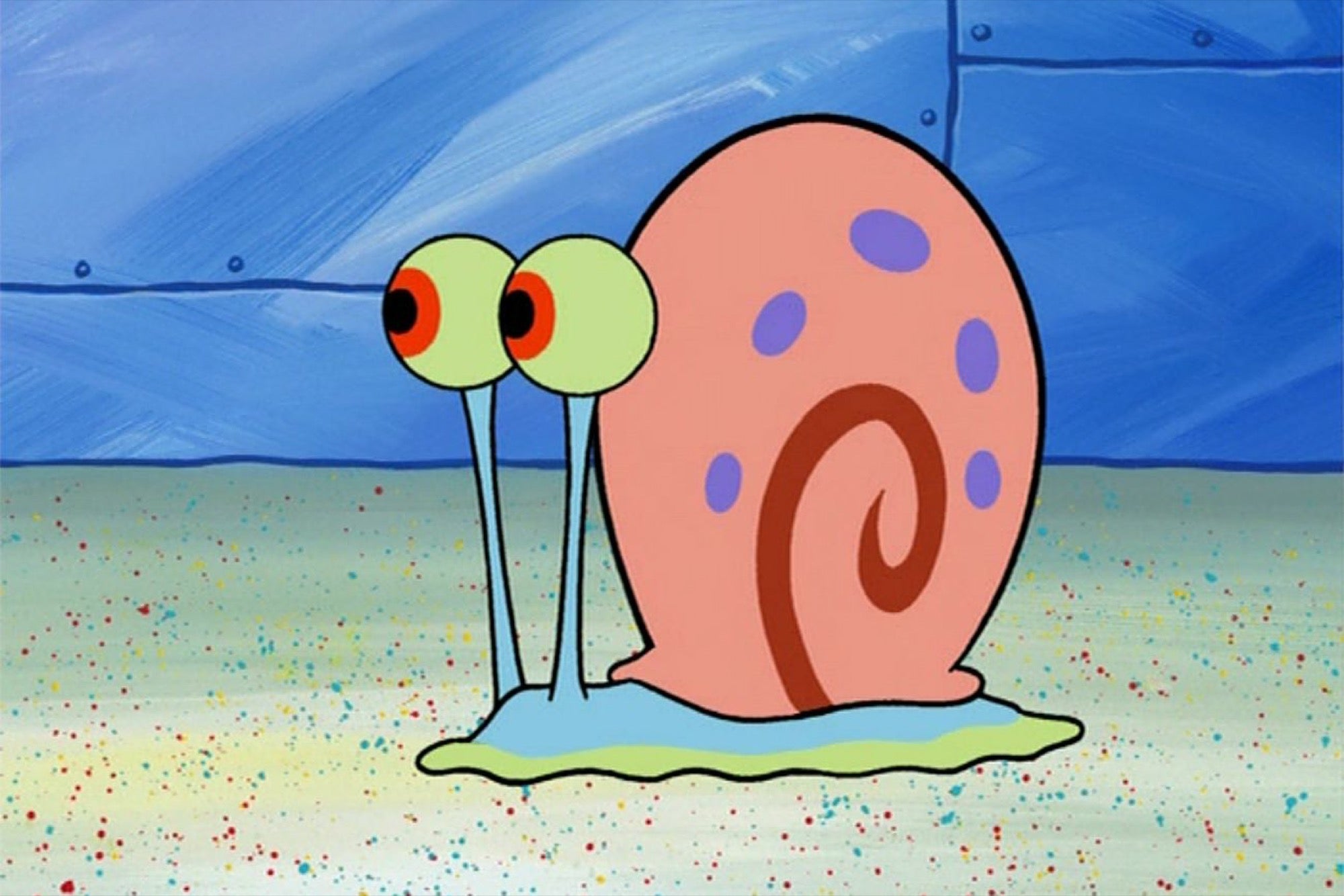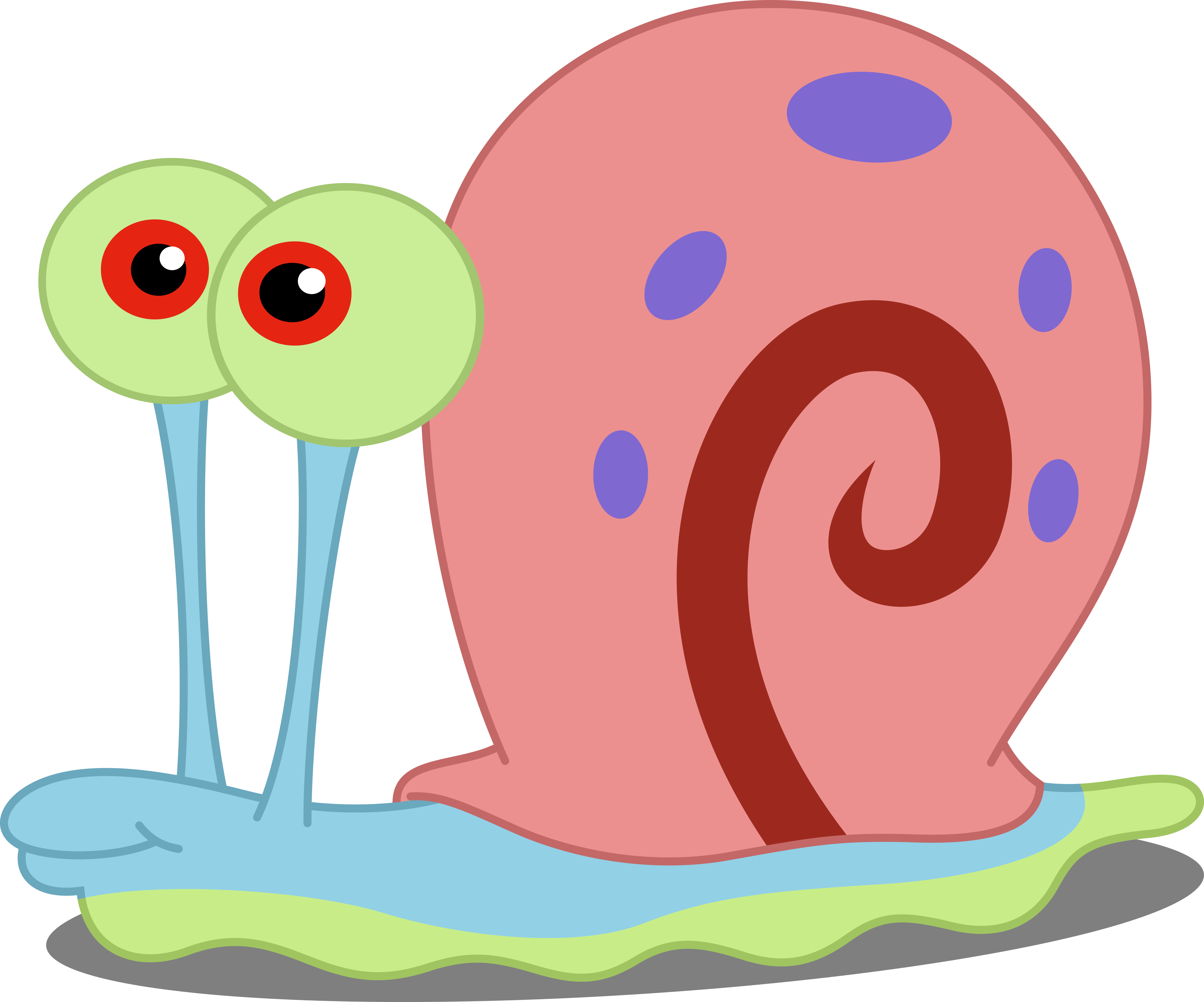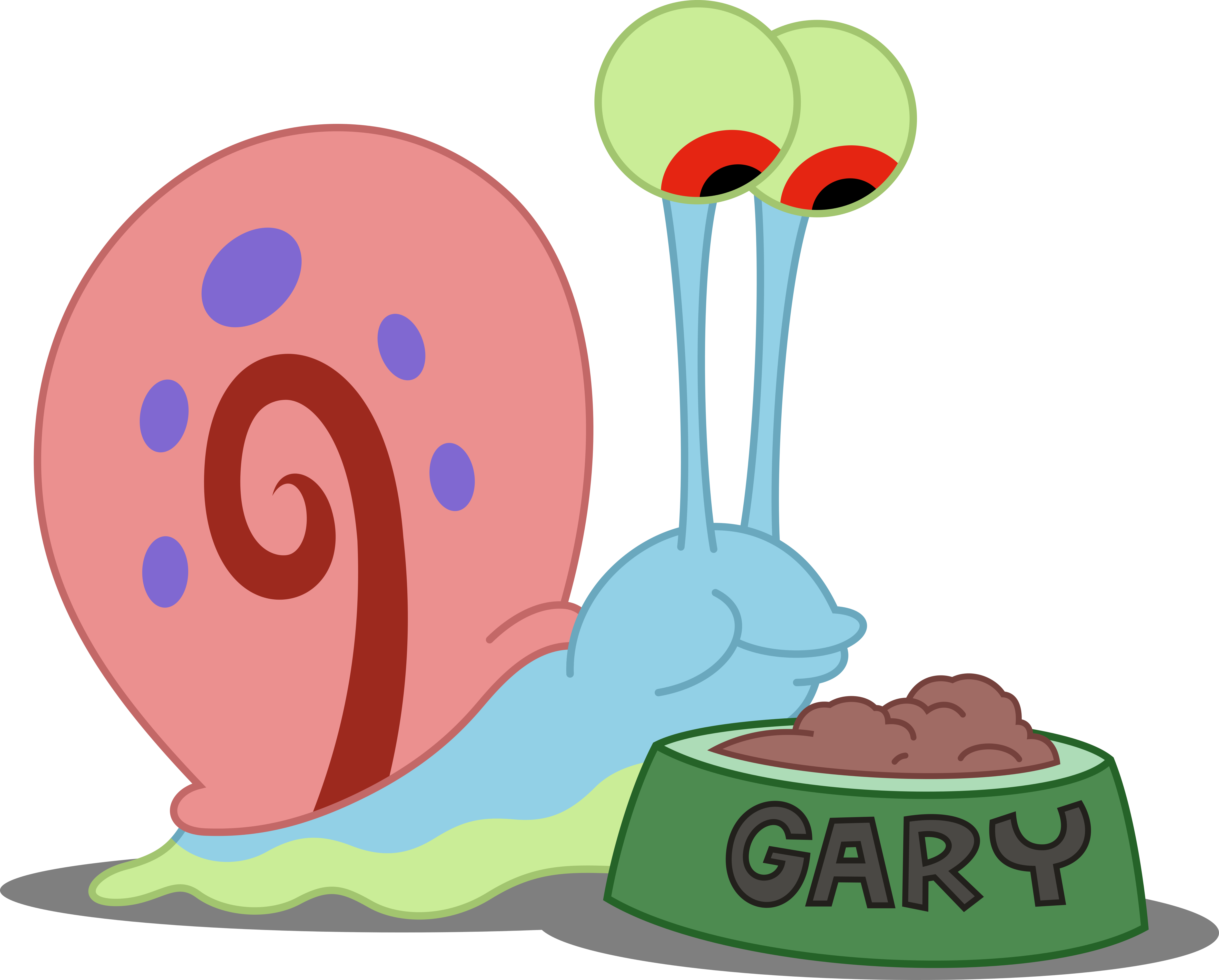Gary Oldman's Powerful Moment: Unpacking The Oppenheimer Scene
Sometimes, a movie moment doesn't need a lot of screen time to leave a huge mark. Think about those brief appearances by well-known performers that just stick with you. They show up, deliver a few lines, and somehow, the whole story feels richer, more real. That, you know, is the kind of impact we often see in great cinema.
In the sweeping story of Oppenheimer, a film already full of intense performances and weighty themes, one short scene featuring Gary Oldman as President Harry S. Truman really stands out. It's a quick exchange, yet it packs a serious punch, leaving viewers with plenty to think about. This particular moment, frankly, helps shape our understanding of the movie's main character and the world around him.
We're going to take a closer look at this pivotal, very brief appearance. We will, in a way, break down what makes Gary Oldman's contribution to Oppenheimer so memorable, exploring the character he played, the scene's historical backdrop, and how his acting choices made such a lasting impression. It's a powerful little piece of film that, honestly, deserves a bit of discussion.
- Michael Caine First Movie
- Prestonplayz Net Worth
- Ian Mckellen Graham Norton
- James Mcavoy It
- Anthony Hopkins Pictures
Table of Contents
- Gary Oldman: A Brief Look at the Actor's Path
- The Oppenheimer Scene: A Moment of Power
- Who Did Gary Oldman Play?
- Setting the Stage: The Historical Context
- The Scene's Unfolding: A Tense Exchange
- Oldman's Performance: A Masterclass in Brevity
- The Scene's Deeper Meaning
- Oppenheimer's Internal Conflict
- Truman's Perspective: The Weight of Command
- A Turning Point in the Narrative
- Why This Scene Lingers
- Common Questions About the Scene
Gary Oldman: A Brief Look at the Actor's Path
When you hear the name "Gary," your mind might, in some respects, go to a place like Gary, Indiana. That city, a rather important spot in Lake County, Indiana, is known for its industrial past, particularly its massive steel mill. It was, you know, named after Elbert H. Gary, a key figure in the steel industry. Yet, for movie fans, that name often brings to mind a different kind of titan: the actor Gary Oldman.
Gary Oldman has, for a long time, been a presence in movies, known for his incredible ability to change completely for a role. He has played so many different kinds of people, from real-life figures to characters straight out of fiction. His work often shows a deep understanding of human nature, making each person he plays feel, quite simply, real.
He has earned a lot of praise for his acting, including top awards, which really shows how much his peers and audiences respect his craft. His career, in a way, is a testament to dedication and a drive to truly get into the heart of every person he brings to the screen. He is, frankly, one of those performers who always makes you stop and watch, no matter how big or small the part.
- Liam Neeson Filmography
- David Choe Artist Net Worth
- Johnny Depp Birth Chart
- Tommy Lee Jones Girlfriend Ortega
- Joe Satriani Net Worth
Personal Details and Bio Data
| Detail | Information |
|---|---|
| Full Name | Gary Leonard Oldman |
| Born | March 21, 1958 |
| Birthplace | New Cross, London, England |
| Notable Roles | Sid Vicious (Sid and Nancy), George Smiley (Tinker Tailor Soldier Spy), Winston Churchill (Darkest Hour), Sirius Black (Harry Potter series), Commissioner Gordon (The Dark Knight Trilogy) |
| Awards | Academy Award for Best Actor, Golden Globe Award, BAFTA Award, Screen Actors Guild Award |
| Career Span | Active since 1982 |
The Oppenheimer Scene: A Moment of Power
In Christopher Nolan's sprawling film Oppenheimer, the story of J. Robert Oppenheimer, the scientist behind the atomic bomb, unfolds with great intensity. The movie looks at the huge scientific efforts, the moral struggles, and the political fallout of creating such a powerful weapon. Amidst all this, a very specific, short meeting takes place that, honestly, cuts right to the heart of the film's themes.
Who Did Gary Oldman Play?
Gary Oldman steps into the shoes of Harry S. Truman, the 33rd President of the United States. Truman was the leader who made the incredibly difficult choice to use the atomic bombs on Hiroshima and Nagasaki. His appearance in the film is, basically, a significant moment, showing the immense weight of that decision and its immediate aftermath. He is, you know, a figure of immense historical importance in this narrative.
Setting the Stage: The Historical Context
The scene with Truman happens after the bombs have been dropped, and the war is over. Oppenheimer, the "father of the atomic bomb," is brought to meet the President. This meeting occurs at a time when the world is grappling with the new reality of nuclear power. The initial relief of war's end is, in a way, starting to give way to a deeper fear about what humanity has created. This setting, quite literally, frames the tension of their discussion.
Truman, for his part, carries the burden of leadership during this unprecedented period. He is the one who gave the order, a decision that saved countless American lives but also caused unimaginable destruction. His character, in this brief appearance, needs to convey both the resolve of a leader and the quiet weight of his choices. This moment, frankly, shows the profound shift in global power dynamics.
The Scene's Unfolding: A Tense Exchange
The meeting between Oppenheimer and Truman is short, but every word and gesture carries immense meaning. Oppenheimer, still grappling with the moral fallout of his creation, expresses his feelings to the President. He says, in a moment of deep personal anguish, that he feels like he has "blood on his hands." This statement, you know, really shows his inner turmoil.
Truman's response to this confession is, quite simply, sharp and unyielding. He dismisses Oppenheimer's emotional plea, suggesting that the "blood" is on his own hands, the President's, because he made the decision. Truman then offers Oppenheimer a handkerchief, telling him to wipe his hands, implying that the scientist's moral distress is, in a way, misplaced or even a bit dramatic. This interaction, basically, highlights the vast difference in their perspectives.
The President's demeanor is one of firm authority, a man who believes he made the right choice for his country. He sees Oppenheimer as a tool, a brilliant mind that served a purpose, but not someone who shares the ultimate responsibility of command. This exchange, in short, is a clash of scientific brilliance and political power, a moment where the creator confronts the ultimate user of his creation. It's a truly powerful bit of dialogue.
Oldman's Performance: A Masterclass in Brevity
Gary Oldman's portrayal of Truman is, frankly, a masterclass in how to make a big impact with very little screen time. He appears for just a few minutes, yet his presence fills the room. His voice, his posture, and the look in his eyes convey a man of immense authority and a certain kind of toughness. He doesn't need long speeches to show us who Truman is; his brief lines do the trick.
Oldman captures Truman's pragmatic nature and his no-nonsense approach to leadership. When he tells Oppenheimer to "wipe his hands," the delivery is, in a way, chillingly effective. It's not just a line; it's a statement of power, a clear drawing of the line between the scientist's role and the President's ultimate burden. The performance, arguably, shows the sharp contrast between the two men's understanding of their roles.
His mannerisms, from the way he holds himself to the slight shift in his gaze, add layers to the character. You can feel the weight of the presidency on him, but also a sense of resolve. Oldman makes Truman feel, quite simply, like a real person, not just a historical figure. This ability to embody a character so fully, even in a short appearance, is what makes him such a respected performer. It's a pretty remarkable feat.
The Scene's Deeper Meaning
The meeting between Oppenheimer and Truman is far more than just a historical reenactment. It serves as a crucial moment in the film, offering deep insights into the characters and the broader themes of the atomic age. It's a scene that, you know, forces us to think about responsibility and power.
Oppenheimer's Internal Conflict
For Oppenheimer, this scene is a stark reminder of the moral price of his scientific achievement. His feeling of having "blood on his hands" shows his deep regret and the psychological toll of creating such a destructive force. Truman's dismissive reaction, basically, isolates Oppenheimer even further, leaving him alone with his guilt. This moment, in a way, seals Oppenheimer's fate as a man burdened by his own genius.
Truman's Perspective: The Weight of Command
From Truman's point of view, the scene highlights the immense pressure of leading a nation during wartime. He sees the atomic bomb as a tool that ended a global conflict and saved lives, despite its horrific cost. His words to Oppenheimer suggest that the true burden of the decision rests with the commander-in-chief, not the scientists who built the weapon. He is, frankly, a man who made a choice and stands by it, regardless of personal feelings.
A Turning Point in the Narrative
This brief encounter also acts as a turning point in the film's narrative. It marks the moment where Oppenheimer's influence, his moment of being a national hero, begins to fade. Truman's cutting remarks signal a shift in power dynamics, where the scientists are no longer at the forefront of policy. This scene, you know, sets the stage for Oppenheimer's later struggles with the government and his eventual fall from grace. It's a very clear signal of what's to come.
Why This Scene Lingers
The **gary oldman oppenheimer scene** continues to be a topic of discussion for several reasons. For one thing, it shows the sheer power of a brief, yet perfectly executed, performance. Oldman's ability to capture the essence of Truman in such a short span is, in a way, truly remarkable. It proves that you don't need a lot of screen time to make a big impression.
Moreover, the scene's emotional weight and historical accuracy contribute to its lasting impact. It's a moment that, you know, brings to life the immense stakes of the atomic age and the human cost of scientific progress. The contrast between Oppenheimer's tortured conscience and Truman's firm resolve creates a powerful dynamic that resonates with viewers. It's a scene that, frankly, sticks with you long after the credits roll.
Common Questions About the Scene
Who did Gary Oldman play in Oppenheimer?
Gary Oldman played Harry S. Truman, the 33rd President of the United States, in Christopher Nolan's film Oppenheimer. Truman was the President who made the decision to use the atomic bombs on Hiroshima and Nagasaki during World War II. His appearance, in a way, is a key historical moment in the story.
How long was Gary Oldman in Oppenheimer?
Gary Oldman's appearance in Oppenheimer is quite brief, lasting only a few minutes. It's essentially a cameo role, but his performance is so strong that it leaves a significant impression on the audience. His short time on screen, you know, really makes every second count.
What was the significance of Truman's scene in Oppenheimer?
The scene with Truman is very significant because it highlights the moral and political consequences of the atomic bomb. It shows Oppenheimer's deep guilt and Truman's firm, pragmatic view of leadership. The exchange, frankly, marks a turning point where Oppenheimer's influence starts to wane, and the ultimate power shifts to the political leaders. It also, in a way, sets up the future challenges Oppenheimer would face.
To understand more about the historical context of the atomic bomb and its impact, you could look at resources like the Atomic Heritage Foundation. Learn more about our site's content, and for more on great acting performances, you can link to this page here.
The **gary oldman oppenheimer scene** stands as a powerful example of how even a short appearance can have a huge impact on a film's narrative and themes. Oldman's portrayal of Truman, brief as it was, added a crucial layer to the story, showing the stark realities of power and responsibility in a world changed by the atomic age. It's a moment that, you know, really makes you think about the difficult choices made during that time.
- Bob Sapp Net Worth
- Tommy Lee Jones Girlfriend Ortega
- Ryan Gosling Haircut
- Bradley Cooper Songs
- Leonardo Dicaprio Dream Movie

Elon Musk Introduces His Pet Snail 'Gary' at an L.A. Event to Tout His

Vector #674 - Gary #2 by DashieSparkle on DeviantArt

Vector #672 - Gary by DashieSparkle on DeviantArt